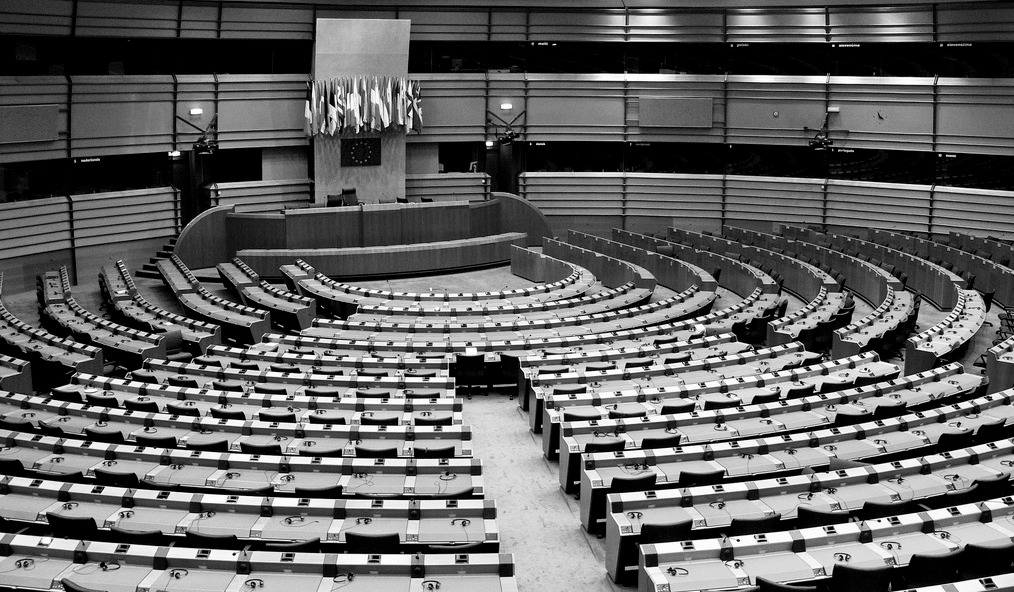What is evaluation?
Evaluation is an approach that aims at collecting systematic information about public policies and programmes and notably their results, in order to help policymakers make informed judgments, so as to improve the relevance, effectiveness, efficiency and impacts of future policies and programming.
Evaluation applies to policies, programmes, projects as well as public bodies themselves (public agencies) inasmuch as they translate the implementation of a policy.
Evaluation can be prospective as well as retrospective, and therefore can take place at any time in an organisation's work: before the policy enactment to estimate the impacts (impact assessment) or before the programme setup, to establish the needs and resources (ex-ante evaluation), at regular intervals (mid-term evaluation), or at the end of the programme/project (ex-post evaluation). An increasing trend is also to build-in evaluation within an organisation’s planning and work.
The practice of evaluation requires specific competencies, as diverse as economics, statistics, law, sociology, etc. to analyse the results and impacts of public action and to take into account the diverse and often conflicting expectations of stakeholders and society in general.
What evaluation is not
Evaluation is different from audit and monitoring. These exercises are complementary but serve different purposes.
- Audits will concentrate on the accuracy of financial reporting and the legality and regularity of funds spending (‘inputs’), and hence check the effectiveness of the management and internal control systems in ensuring compliance.
- Monitoring is a continuous process, that verifies the sound management of interventions and informs on their progress and use of funds (or other inputs). Monitoring is an essential first step in an evaluation as it provides key factual data.
Monitoring and audit therefore tend to be rather focused on the implementation of a public intervention, and its inputs and immediate outputs.
- Evaluation judges the design and implementation of the policy or public intervention, based on its longer-term results and performance. It also analyses the causality of these results. It makes recommendations for reform, suggests strategic and political options, and advises on how to adjust the implementation.
See European Commission evaluation website for detailed information and methodology:
http://ec.europa.eu/smart-regulation/evaluation/index_en.htm


